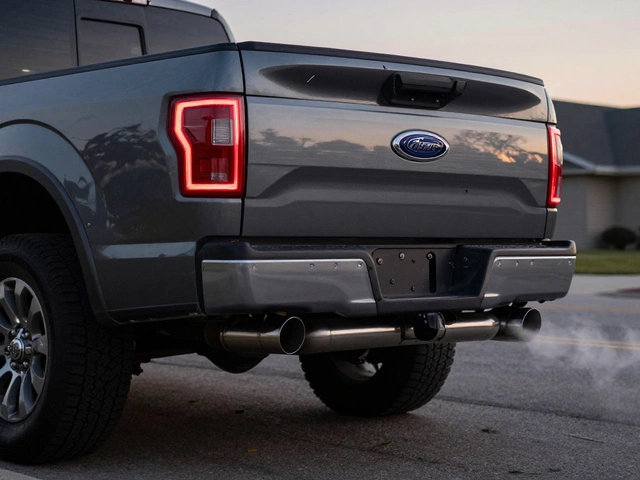
Synthetic Oil: What It Is, Why It Matters, and How It Keeps Your Engine Running
When you hear synthetic oil, a man-made lubricant engineered for superior performance in modern engines. Also known as full synthetic motor oil, it's designed to flow better in cold weather, resist breakdown at high heat, and protect engine parts longer than traditional oil. Most cars today—whether gas-powered or hybrid—run better on synthetic oil because it doesn’t break down as fast and keeps engines cleaner over time.
It’s not just about the oil itself. What matters is how it works with your engine’s needs. engine oil, the lifeblood of your engine that reduces friction and removes heat has to handle everything from freezing winter starts to highway speeds that push temperatures past 250°F. Synthetic oil does this better because it’s made from uniform molecules, unlike conventional oil, which has uneven chains that break down faster. That’s why you see fewer oil-related breakdowns in cars using synthetic—especially in places like India, where traffic jams and high heat stress engines daily.
And it’s not just about longevity. oil change, the routine maintenance task that replaces old, dirty oil with fresh lubricant intervals can stretch out with synthetic oil. While conventional oil might need changing every 3,000 to 5,000 miles, synthetic can often go 7,500 to 10,000 miles before it loses effectiveness. That means fewer trips to the shop, less waste, and more consistent engine protection. But here’s the catch: synthetic oil doesn’t fix bad habits. If you’re ignoring warning signs like dirty engine oil symptoms, strange noises, or poor acceleration, no oil type will save your engine.
Some people think synthetic oil is just a marketing trick. It’s not. It’s science. It’s why high-performance vehicles, taxis running 12 hours a day, and even electric cars with oil-cooled components rely on it. It’s also why you’ll find it in nearly every modern car manual today—not because it’s expensive, but because it’s necessary. The real question isn’t whether you can use it, but why you’d ever stick with something that wears out faster and offers less protection.
What you’ll find below are real-world guides on how synthetic oil interacts with your engine’s health. You’ll see how it affects clutch life, why it matters for radiator cooling systems, and how dirty oil can sneak up on you even if you’re using the best kind. There’s no fluff—just facts from people who’ve seen what happens when oil fails, what to look for, and how to make sure your engine lasts.
-
15 Jul

-
11 May

What Happens If You Put Regular Oil Instead of Synthetic? Real Risks for Your Engine
Putting regular oil instead of synthetic in your engine isn’t just a swap—it can actually change how your car runs. This article breaks down the real differences between regular and synthetic oil, and what could actually go wrong if you use the wrong one. Expect clear tips, facts, and what to watch for with your engine if you made the switch by mistake. Skip the myths and get the real deal you can use right now. Perfect for any driver who wants to keep their car running smooth and avoid headaches.





